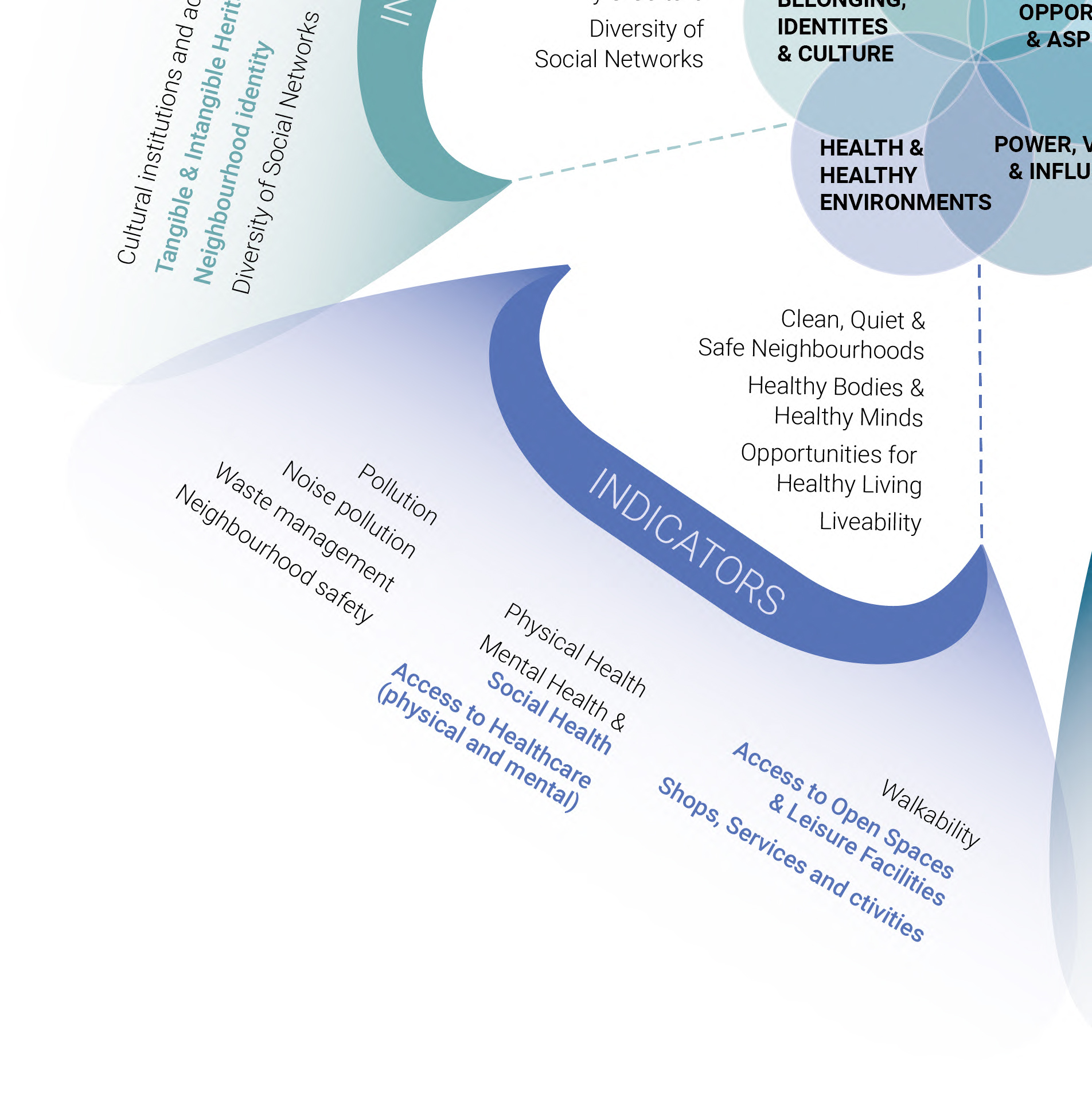Mayssa Jallad
29 August 2023
What research methods do we need to address today’s pressing public health challenges and create pathways to prosperity? What role can citizens and members of the public play in public health initiatives that effectively benefit communities in need of urgent health solutions?
On 2 August, I explored and discussed these questions in a presentation entitled “Climate and Health: An Introduction to Citizen Science for Health Professionals”, following a Special Event by and for health professionals concerned about climate and health, supported by Bridges to
Development and The Geneva Learning Foundation. About 150 healthcare professionals from around the world attended the presentation and many interacted with the material I presented.
Although there is a wealth of literature on heath and climate change (see reports of the Lancet Countdown on health and climate change and the joint Harvard-NPR-Johnson Foundation US national Poll) and how it is perceived by the public (see the study by Seaver, Dryden and Day-Burqet, June 2022), we have little information on how health professionals perceive this connection and their roles with respect to the communities they serve.
The collaboration between the Institute for Global Prosperity (IGP)’s PROCOL Lebanon and The Geneva Learning Foundation, through this and hopefully future events, is about understanding how localised health professionals, as citizen scientists, can work with the communities they serve to facilitate both discussion and research into the correlation between climate change and health to come up with impactful solutions.
Public health is a core aspect of prosperity, and health and healthy environments are a main domain researched by our citizen scientists in our Prosperity Index work. Communities that we have worked with in Lebanon have identified multiple relevant aspects related to public health such as access to healthcare, social security, mental healthcare and the natural environment. We have also interviewed several health facilities to understand the services they provide and the challenges they face.

As the planet’s climate changes, the effects of new weather conditions will exert additional pressure on public health and access to healthcare in various ways depending on the context (see the editorial on Learning from Frontline Health Workers in the Climate Change Era, contributing to the Special Event). For example, as one workshop participant explained, extreme weather conditions such as floods are already causing residents to miss their immunization appointments. This is a problem at the intersection of health, climate change, infrastructure, and policymaking. In order to resolve this problem and many others, we need to ask key questions: How can we measure these problems? What solutions are needed for specific communities? How will these solutions be developed? And who will decide what they are?
Our work at the IGP and PROCOL Lebanon has long argued that members of the community have to be partners in key decision-making processes. Health professionals at the local levels are often part and parcel of the community, and hold a special role as trained, trusted advisers, even if their role in the past has not considered the effects of climate on health. Their needs and experiences should be at the forefront of understanding the intricacies of problems, but their capacities and expertise must also be supported and mobilised as key intellectual and practical resources for developing solutions. This workshop with health professionals was an opportunity for me to present on how citizen social science has led to positive impact for the communities that we work with in Lebanon, and also to share with health professionals from all over the world ideas about how participatory approaches to research can lead to effective solutions for public health.
In order to speed up knowledge exchange and support colleagues and partners in developing participatory methodologies, we have established a Citizen Science Academy. The work of the Academy is relevant for diverse contexts in Lebanon and globally, and it is committed to establishing partnerships with academics, professionals and citizens who are interested in democratising research as a means of effectively addressing the challenges of the twenty-first century.
To learn more about how citizen science can address public health issues you can watch the full presentation and discussion in English and in French.
If you want to learn more about PROCOL Lebanon’s work on citizen science and its impact, you can read our latest academic publications on the topic:
Citizen social science and pathways to prosperity: co-designing research and impact in Beirut, Lebanon (July 2021),
Sustained Citizen Science From Research to Solutions: A New Impact Model for the Social Sciences (Oct, 2022).
Fatemeh Sadeghi
30 May 2024 Feminists in the Global South have stepped out of the conventional territories of ‘women’s matters’ into more fund...